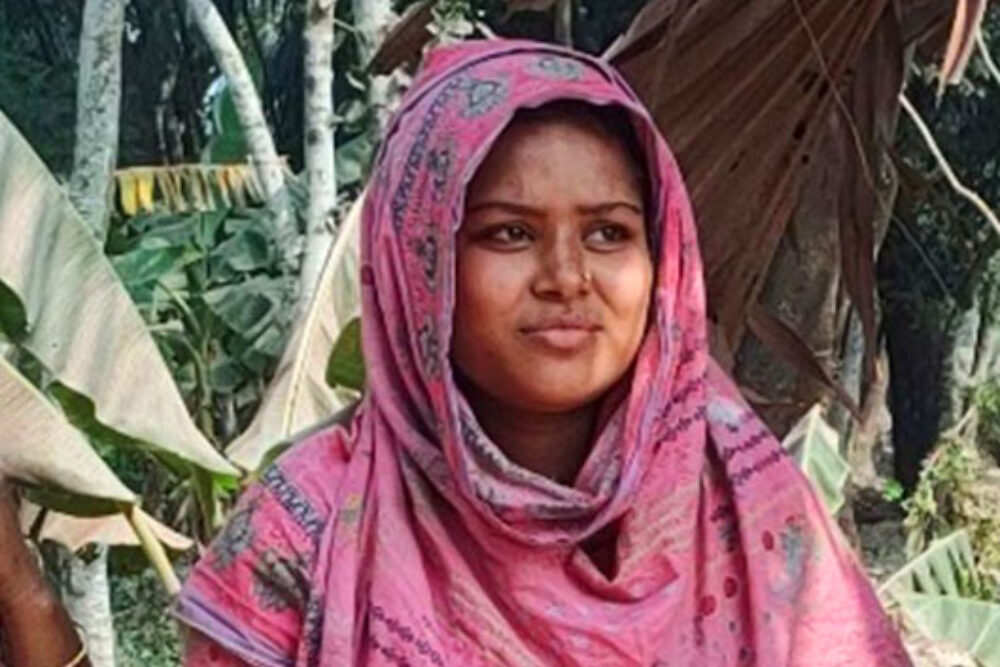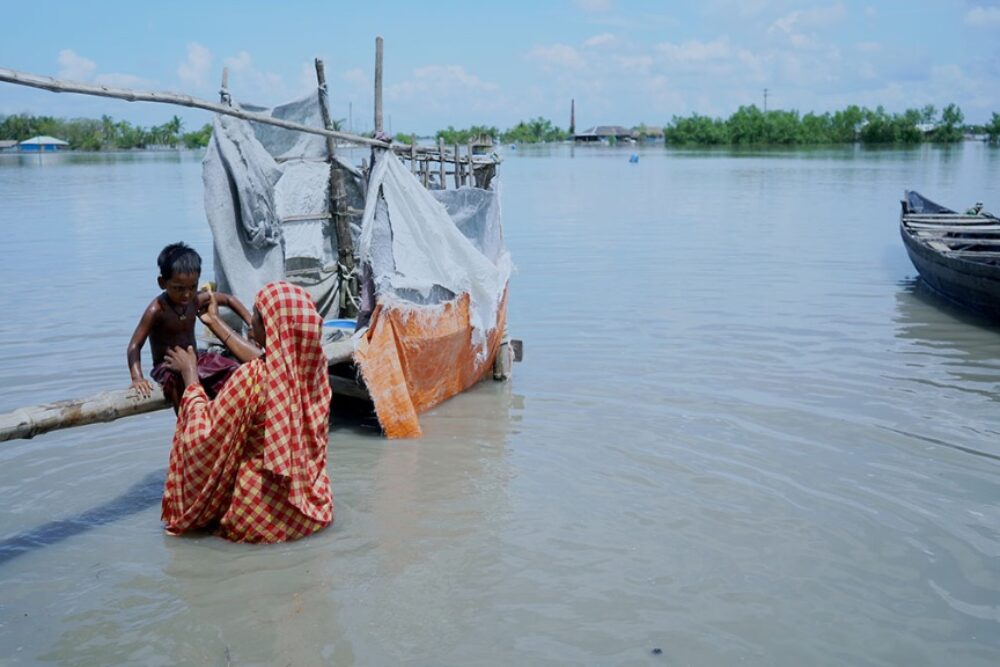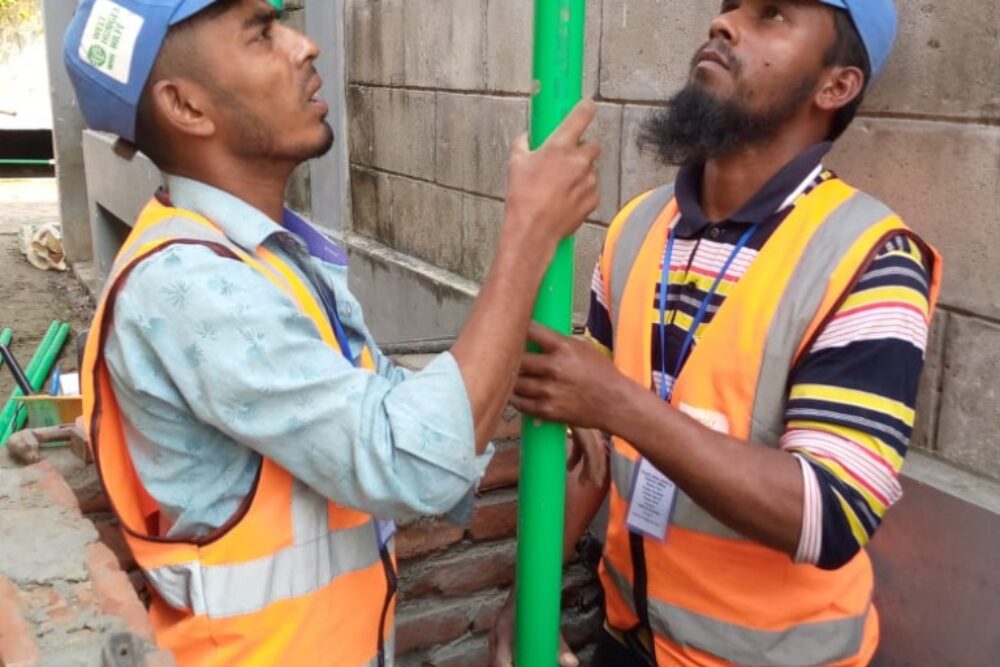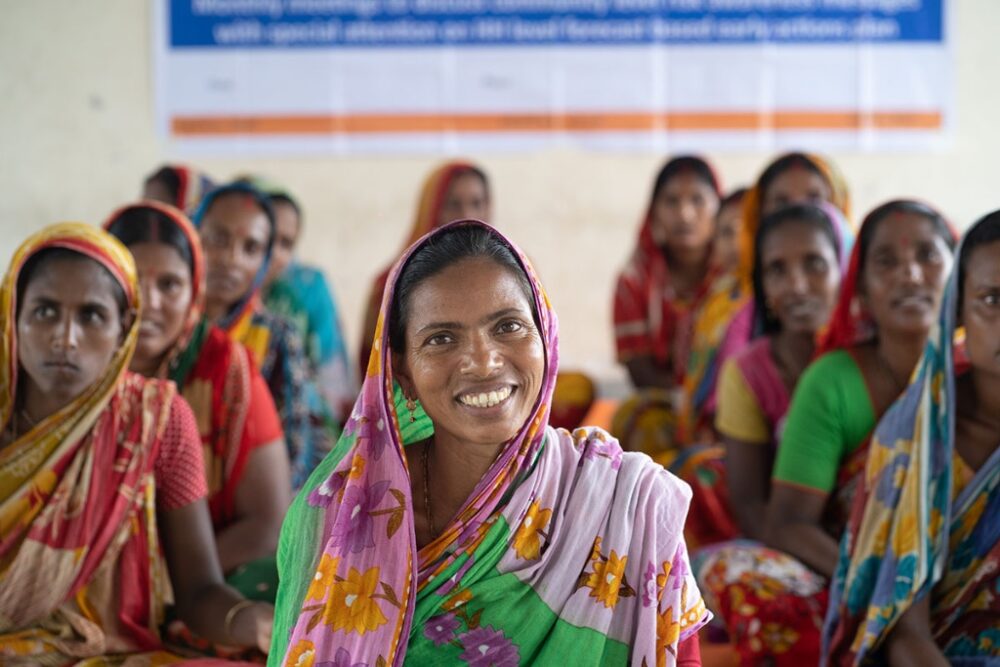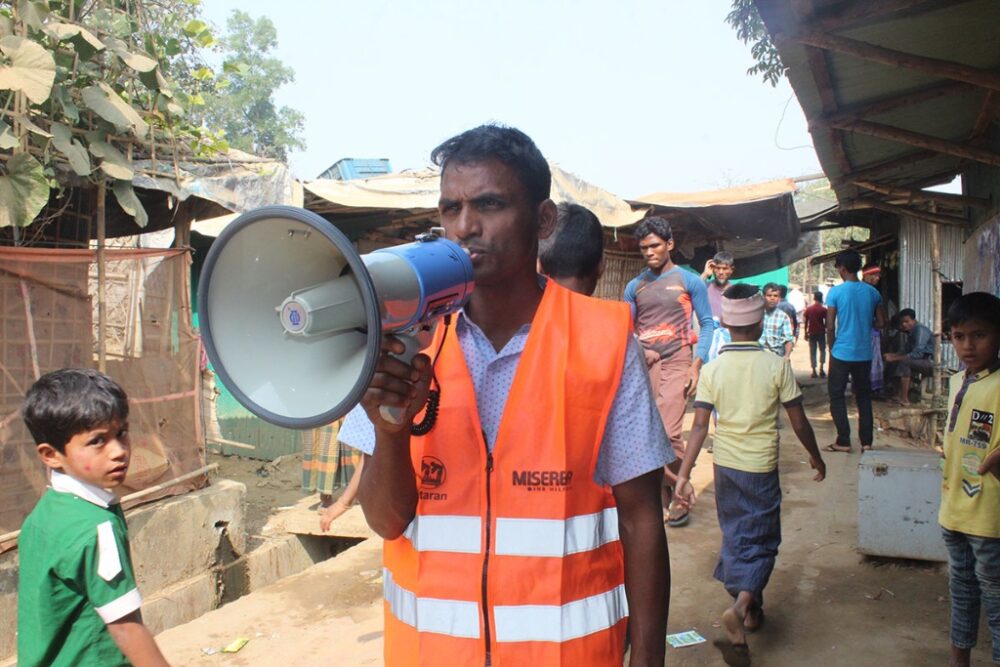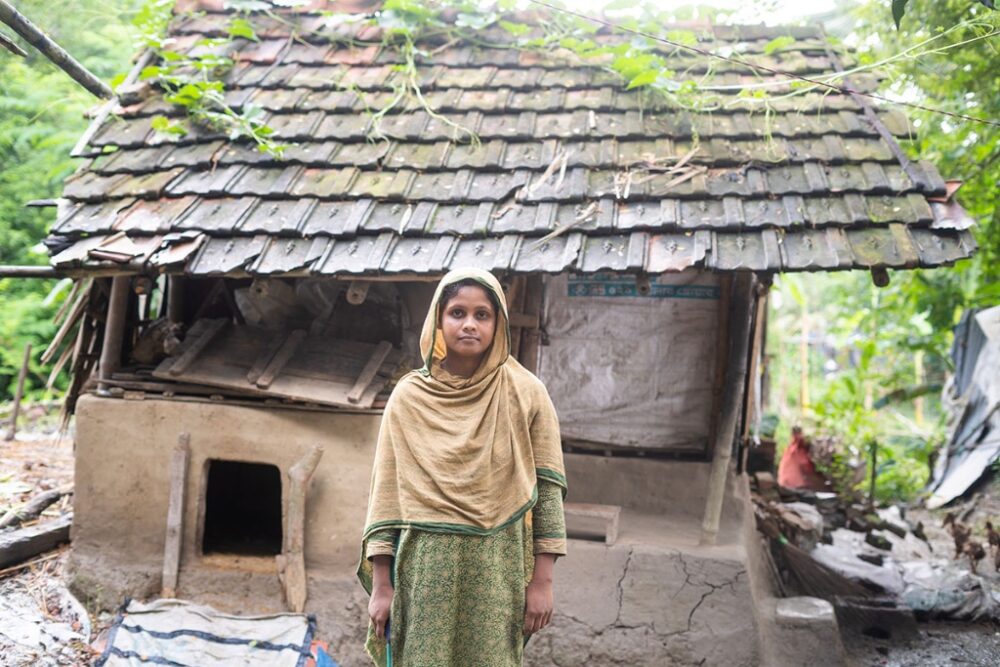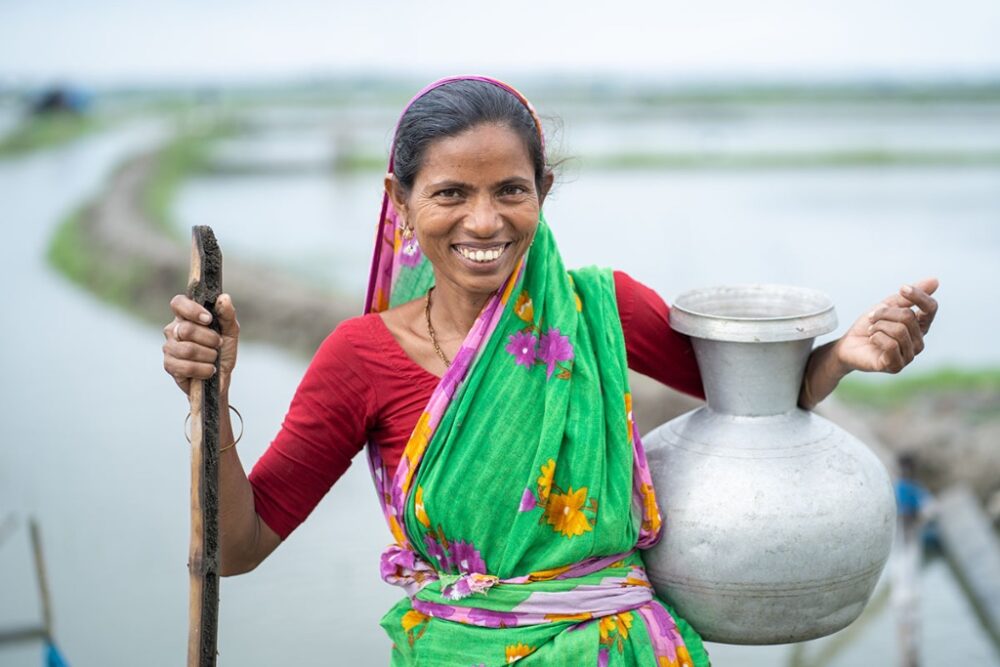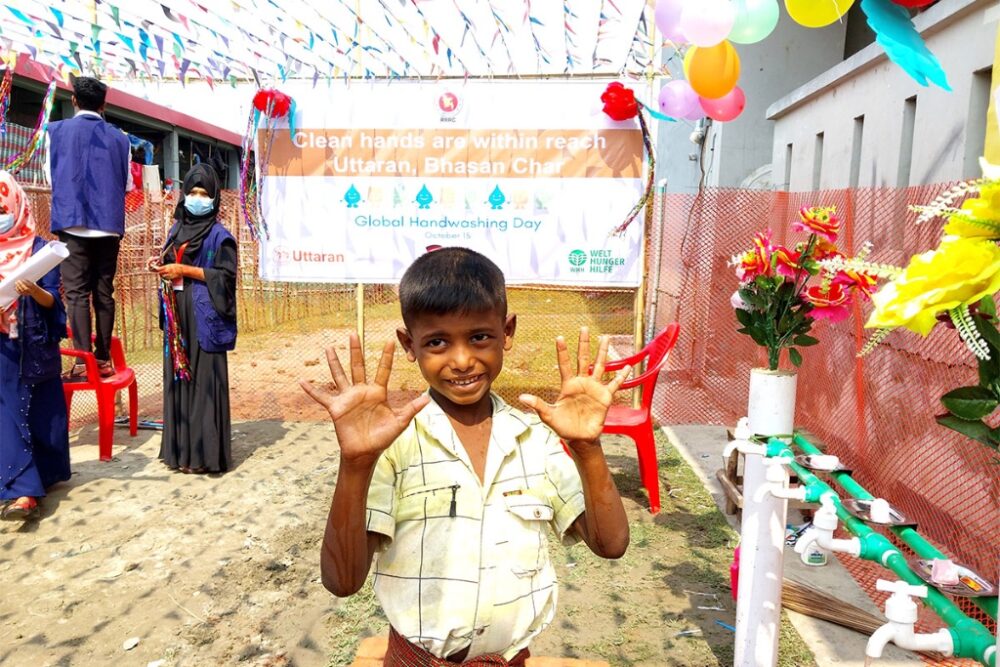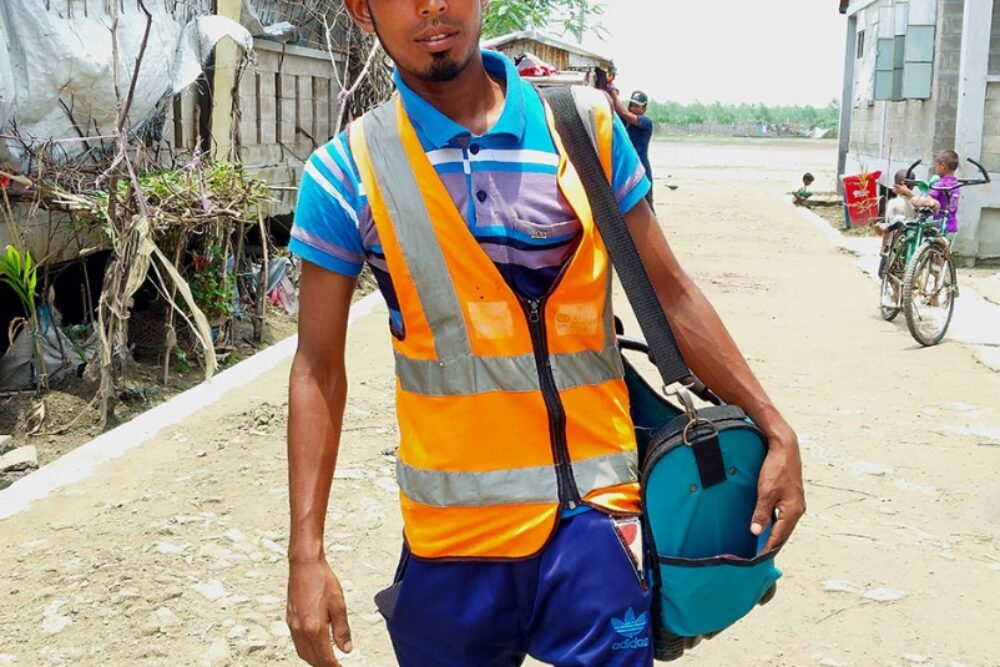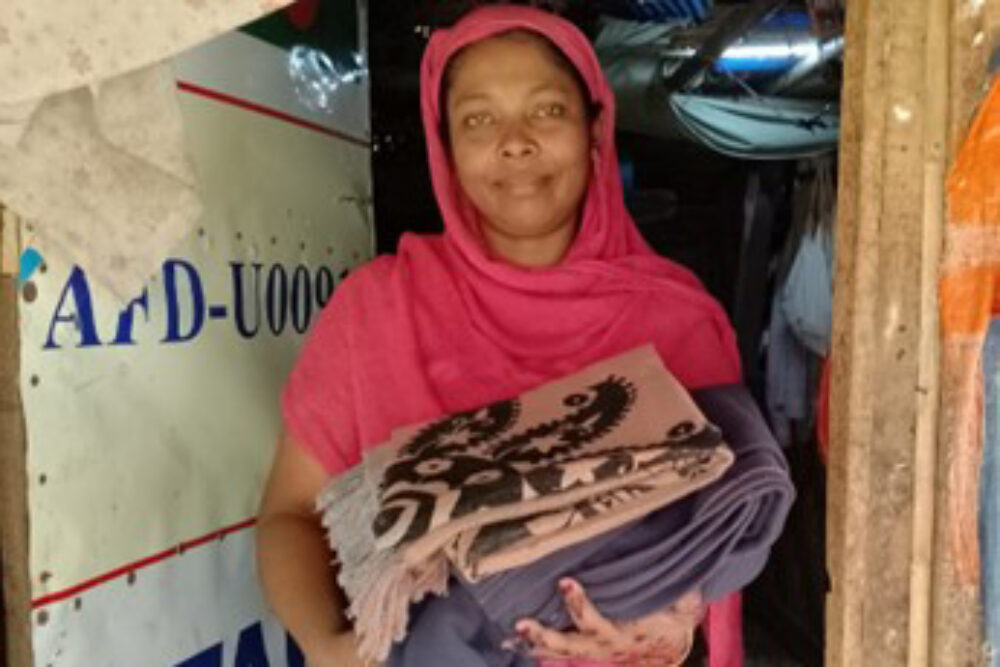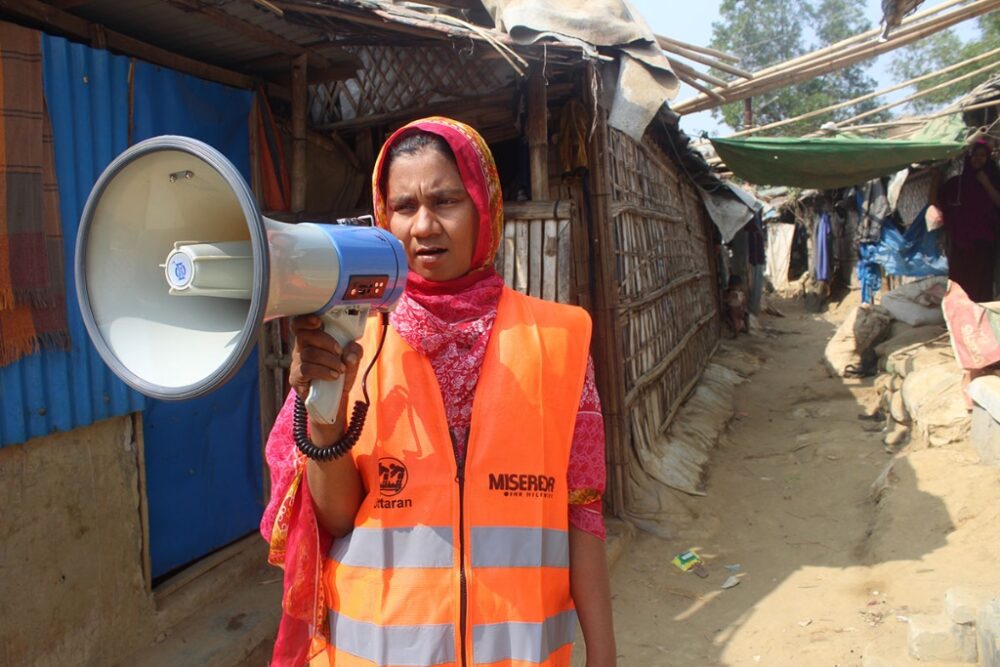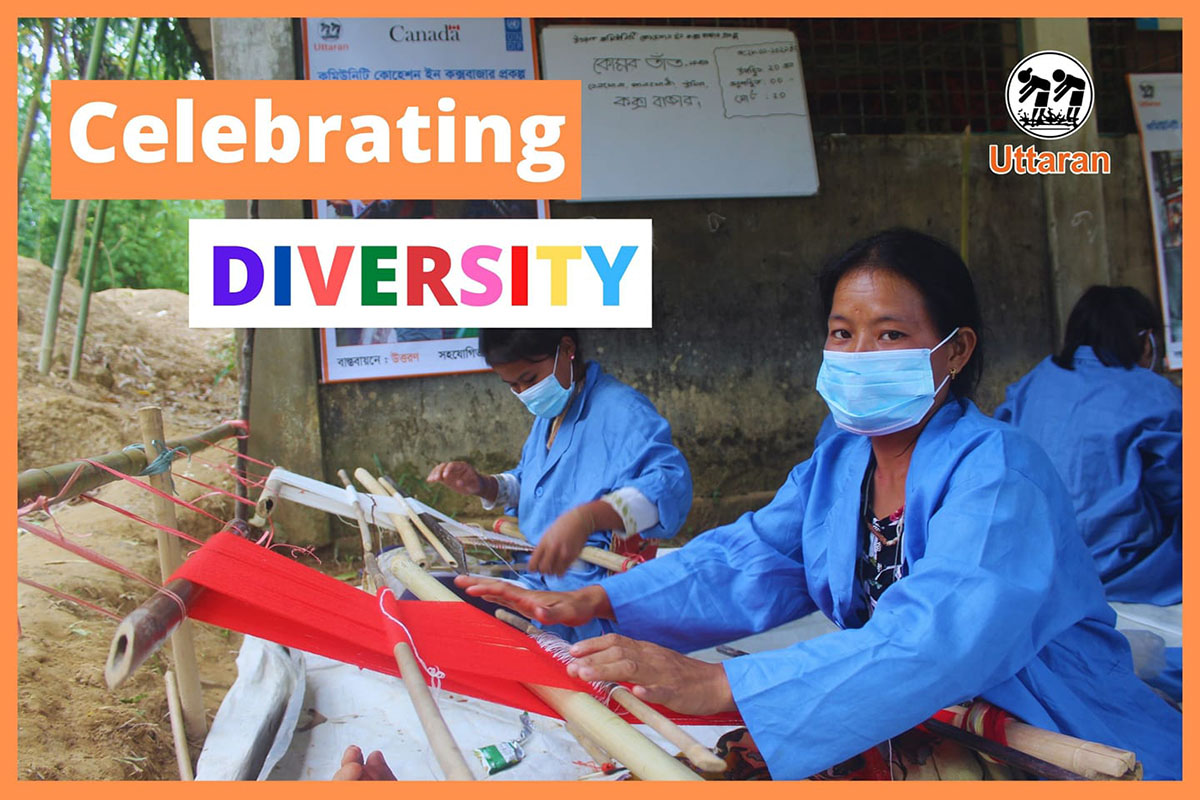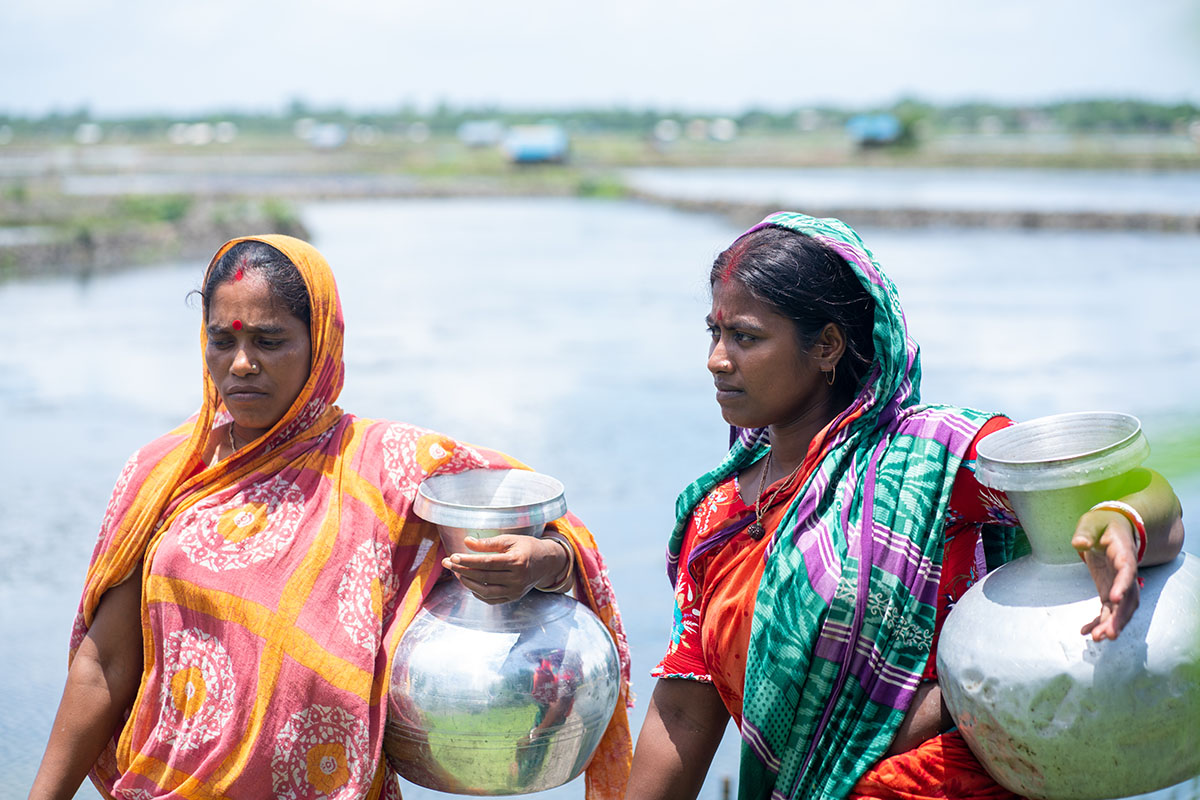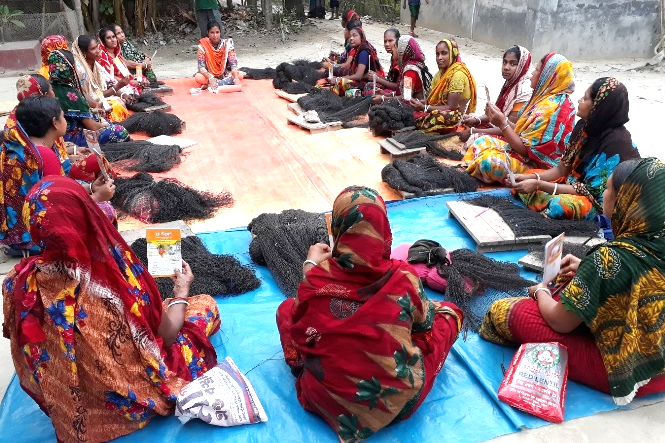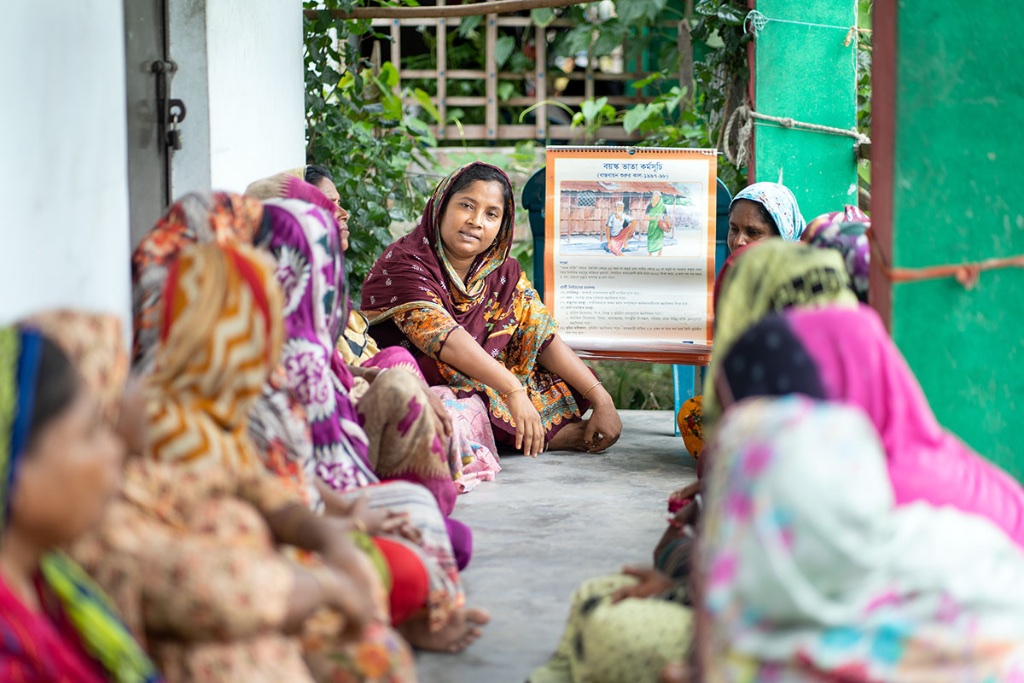Due to its unique geographical location and huge population Bangladesh is highly susceptible to natural disasters. For the past decade climate change along with poor planning and infrastructure have made disasters more frequent and intense. Uttaran being a grass root organization from the Coast have been assisting underprivileged vulnerable communities to be more disaster resilient, climate adaptive and reduce the risk of disasters. During times of emergency Uttaran with its specialized disaster risk reduction team consisting of 70 highly experienced staff and nearly 500 volunteers are one of first NGOs to respond due to its strong physical response all over the coastal region of Bangladesh. It is estimated that since 2000 Uttaran has responded to all major disasters through 67 projects spending around BDT 1,749,238,720 to reaching over 3,585,939 people in Coastal districts of Bangladesh. Last year the challenge was even harder. We were not only confronted with a global pandemic and the unprecedented challenges that come with it but also the catastrophic cyclone Amphan and waterlogging. Throughout this whole time Uttaran team has showed their courageous spirit and extreme dedication by being in the frontline and acting as the first responders to ensure that help reaches even in the most remote places.
Since 2017 thousands of Rohingya Population from Myanmar who were faced with severe violence fled to Bangladesh. Currently there are around a million of forcibly displaced Myanmar nationals (FDMNs) living in various camps in Cox’s Bazar district of Bangladesh. The enormous scale of the influx is putting immense pressure on the Bangladeshi host community, local ecosystem and existing facilities and services. Uttaran has been providing humanitarian assistance to the Rohingya community in Camps and host community people of Ukhiya and Teknaf upazilas under Cox’s Bazar district since July 2018. Partnering with IOM, Islamic Relief Worldwide and Misereor, Uttaran’s humanitarian response in Rohingya crisis is for both Forcibly Displaced Myanmar Nationals and the host communities that include livelihood, food and NFI distribution, Shelter up gradation and so on.

Covering SDGs: 1, 11, 13
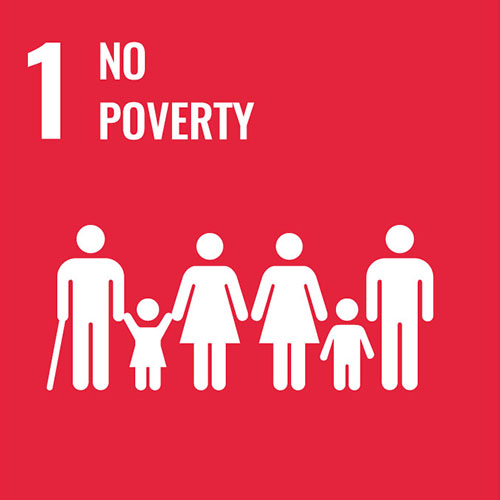
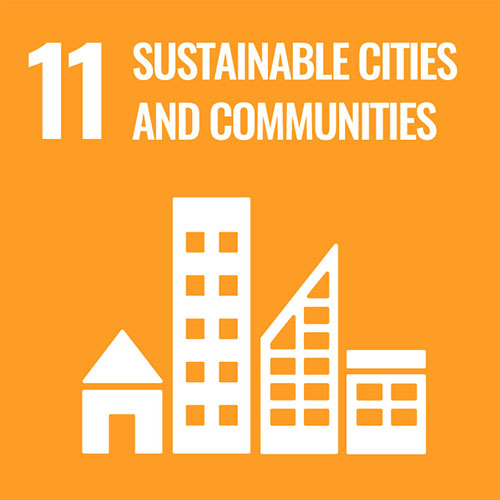
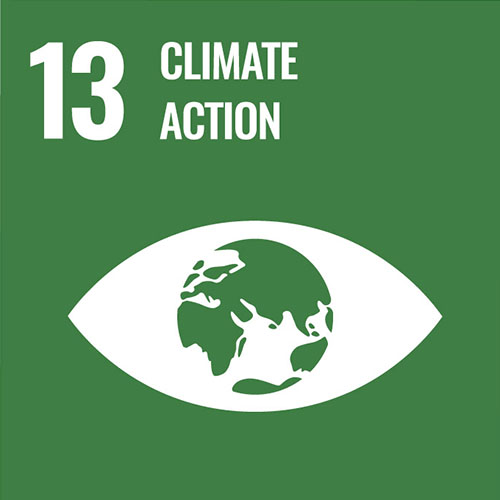
Working Districts
Donors: The EU-European Union, Federal, GFFO, GIZ, MISEREOR Germany, Ministry of German Government, Simavi Netherlands, UNOPS, WASTE, Welthungerhilfe (WHH), IDCOL, BSRM, Educo
Districts:
Satkhira, Khulna, Barguna, Bagerhat, BhasanChar Camp (Cluster-7, 16, 17, 50, 60, 61), Hatiya, Noakhali, Jashore, Patuakhali, Sunamganj.
People
People reached
Volunteers
Staffs ( 45% female)
Video Documentary
Roots of Hope | Misereor I Uttaran | Documentary on Rohingya refugee and host community
Rising From Adversity | A Documentary on Rohingya | Uttaran I Misereor
Roots of Hope | Misereor | Uttaran | Documentary on Rohingya refugee and host community
Cyclone Remal Impact | Lost to the Wind | Southwest Bangladesh
Let Humanity Exist
Marooned in the Depth
“Uttaran’s response in Cyclone Bulbul” – South-West, Bangladesh
Improving the protection environment of Rohingya FDMN
Adaptive Early Recovery of waterlogged areas in southwestern Bangladesh
Publications
Activities Photos
